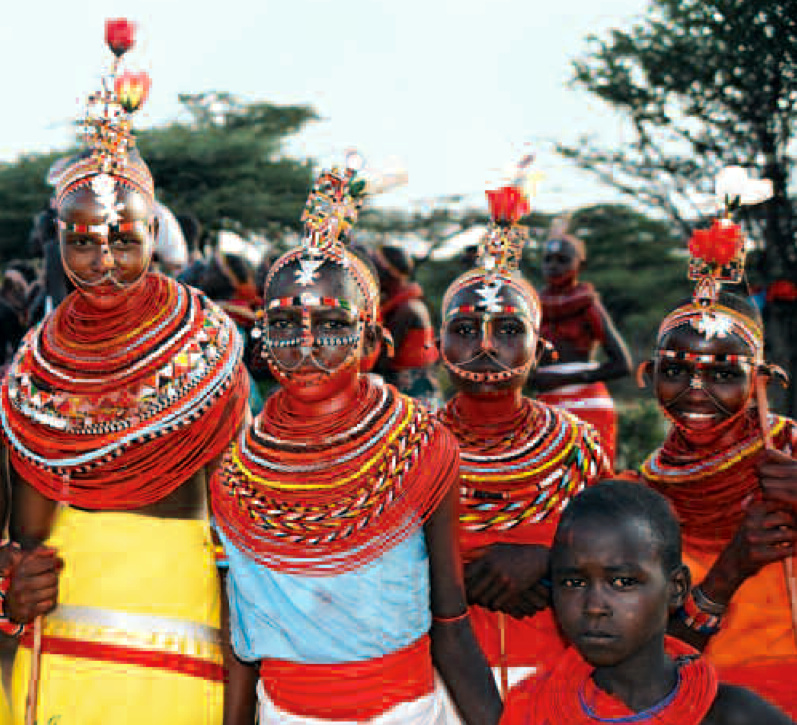In Kenya’s Samburu region, the struggle for women’s rights is illuminated by stark statistics that reveal the depth of the challenges faced by women and girls in this community.
Despite efforts to address gender inequality, entrenched cultural norms and practices continue to infringe upon the rights of women, perpetuating cycles of discrimination and marginalization. One of the most concerning statistics is the prevalence of female genital mutilation (FGM) in the Samburu community.
According to recent data from UNICEF, approximately 86% of girls in Samburu undergo FGM, subjecting them to physical and psychological harm and perpetuating harmful gender norms (UNICEF, 2022). This practice not only violates the rights of girls but also poses serious health risks, with long-term consequences for their well-being.
Child marriage is another significant challenge facing girls in Samburu, with alarming statistics highlighting the extent of the problem. According to the Kenya Demographic and Health Survey (KDHS) 2014, 23% of girls in Kenya are married before the age of 18, with higher rates observed in rural areas like Samburu.
Early marriage deprives girls of their right to education and exposes them to risks of early pregnancy and maternal mortality.
Societal norms and stereotypes further compound the challenges faced by women in Samburu, limiting their opportunities for education, economic empowerment, and participation in decision-making processes.
According to 2023 data from the Samburu Women’s Empowerment Network (SWEN), women make up only 10% of elected officials in the community, reflecting entrenched gender disparities in leadership positions.
Despite these daunting statistics, efforts are underway to address gender inequality and promote women’s rights in the Samburu community. The Kenyan government, in collaboration with local and international organizations, has implemented policies and programs aimed at ending harmful practices like FGM and child marriage.
Community-led initiatives, supported by organizations such as UN Women and CARE International, provide support for survivors and advocate for gender equality at the grassroots level.
While the statistics paint a sobering picture of the challenges facing women in the Samburu community, they also serve as a call to action for greater investment in initiatives that promote gender equality and protect women’s rights.
By addressing systemic barriers and challenging harmful practices, there is hope for a future where every woman and girl in Samburu can thrive and fulfil her potential.


